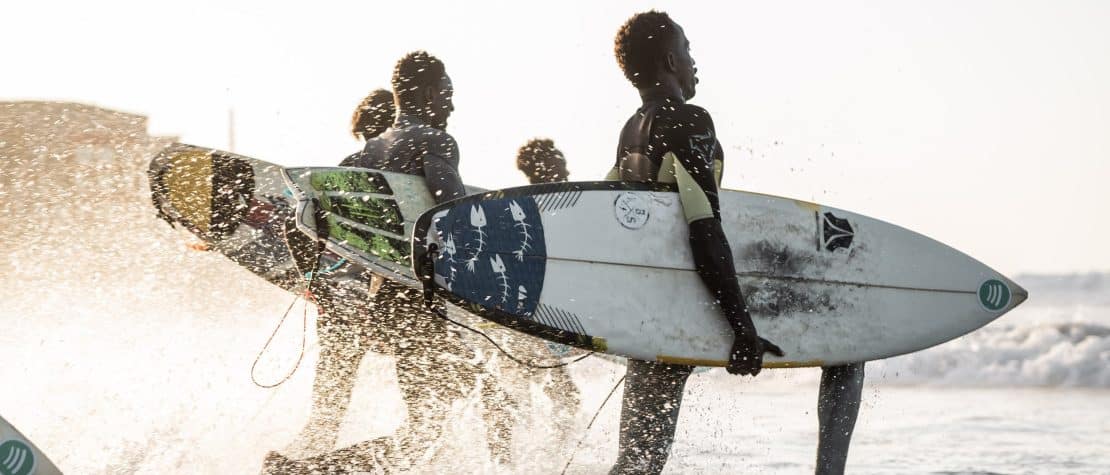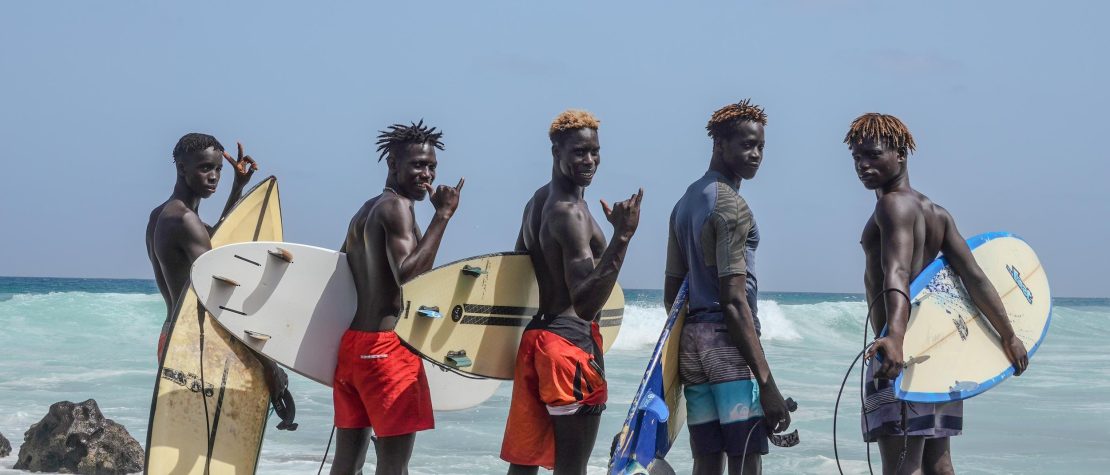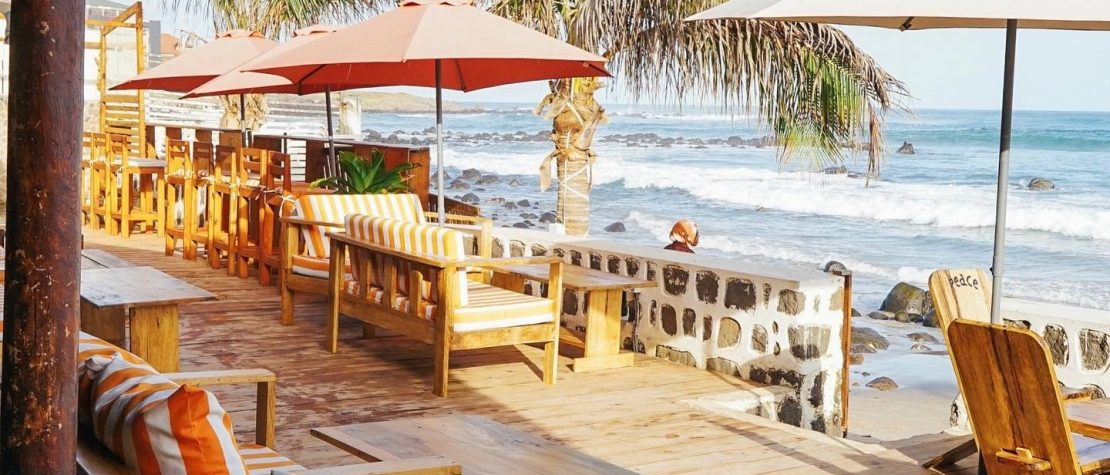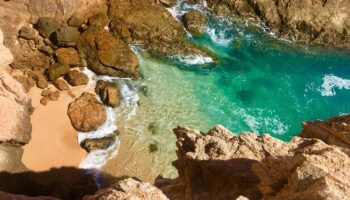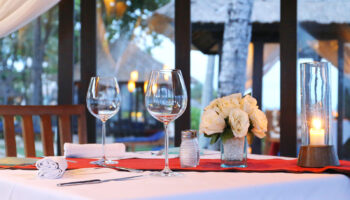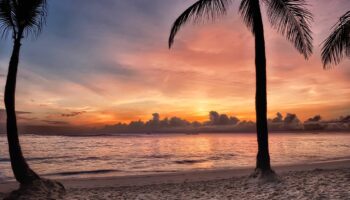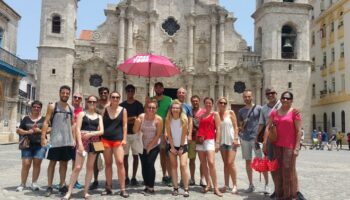Despite its relatively small population of just under 15 million, Senegal is one of the largest ocean polluters in the world, producing nearly 255,00 tons of mismanaged plastic waste in 2010. That astounding amount sparked a change that led to the ban of single-use plastic bags five years later.
Unfortunately, the law was never really applied. There are still massive amounts of plastic waste, especially in urban areas like Dakar where it makes up a significant portion of solid trash. Everything from cheese and coffee to single servings of butter are still triple-wrapped. The mountains of plastic waste on the beaches make it obvious that Senegal is struggling with enforcement issues.
Not only does plastic pollution threaten Senegal’s tourism and fishing industries but it harms marine animals that ingest or get tangled up in it.
But a surfer in Dakar is making big strides to change that.
Babacar Thiaw and the Copacabana Surf Village
Surfing since he was six years old, Babacar Thiaw says his dad frequently took him to the beach where he watched his father scuba dive, hang out with friends and sometimes catch fish for dinner. At just six years old, he started surfing and continued to enjoy the community that developed with his dad’s friends like family.
With a goal to keep that legacy going, Thiawa started giving surfing lessons to people on weekends to help pay for his education. After graduating from school, he invested all his time and energy into the surf village and restaurant he owns, inherited from his father—Copacabana Surf Village. He aimed to put surfing on the map in Africa, noting that despite having a big surfing community, there was no investment in it, no market and no sponsors, unlike places such as Australia and Hawaii. Ultimately, it became much more.
Thiaw says there was a moment that transformed him in 2010. The garbage became “unbearable while surfing.” He started dumping out the trash bins at the restaurant to see what the bulk of the trash was. With lots of lids, coffee capsules and straws, he decided to replace all single-use plastic containers in the restaurant with reusable alternatives. Next, the regular community beach cleanups began.
Working with Momar Baby from Zero Waste Senegal, Thiaw piloted his zero-waste restaurant, inspiring three dozen other dining venues to reduce their plastic use in the process. That effort prevented some 81,000 straws and 29,000 bottles from ending up as rubbish. While many in the community were initially hesitant about his plastic-free initiative, with the belief that it may not be hygienic to serve water in reusable glass bottles, eventually they came around.
Thiaw explained, “What I always say to people is, even if you are rich but your environment sucks, your kids, your family and your friends are exposed to that environment. So, your wealth doesn’t mean anything.”
The Surfrider Foundation
In November 2020, Thiaw announced that he would become the head of the Senegal chapter of the Surfrider Foundation. Birthed in Malibu, California in 1984, the foundation has since built a global network devoted to protecting the oceans and keeping them clean Its expansion into Senegal gave Thiaw access to international resources.
When asked why he became a Surfrider coastal defender, Thiaw explained, “I see how much my environment has changed over the last decades and I don’t want to be part of the silent people I am standing up loud and clear fighting to make a change and pass on a great legacy to my kids and community.”
Copacabana Surf Village Today
More than four years later, his efforts have continued through the Surfrider Foundation by actively combating ocean pollution while protecting the Senegalese coastline. It’s been successful in raising awareness about plastic waste while primarily focusing on initiatives such as water quality testing and beach cleanups. That remarkable success has also influenced other businesses to adopt the same zero-waste practices that Thiaw established in the country’s first zero-waste restaurant.
Surfing is still a big part of it all. Copacabana Surf Village has a mission to help community children learn to surf without a cost barrier. Thiaw leads initiatives to empower the local youth while also protecting the ocean. He serves up drinks at his restaurant with a smile, balancing his time managing it and community projects. Managing to redefine Africa’s identity as a hub for surfers, eco-conscious travelers and environmental-driven organizations, Thiaw is transforming Copacabana into a beacon for the country’s commitment to sustainability and rich culture.
